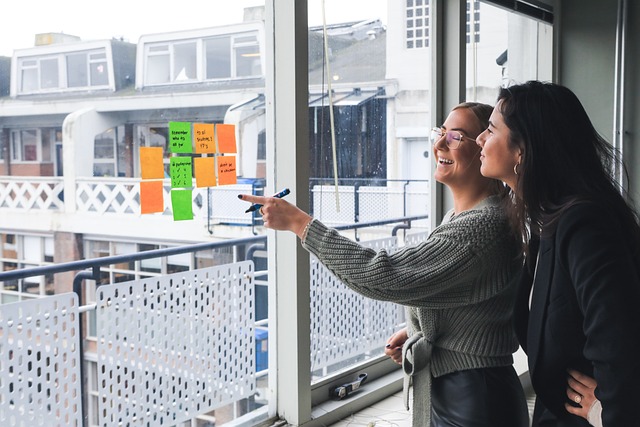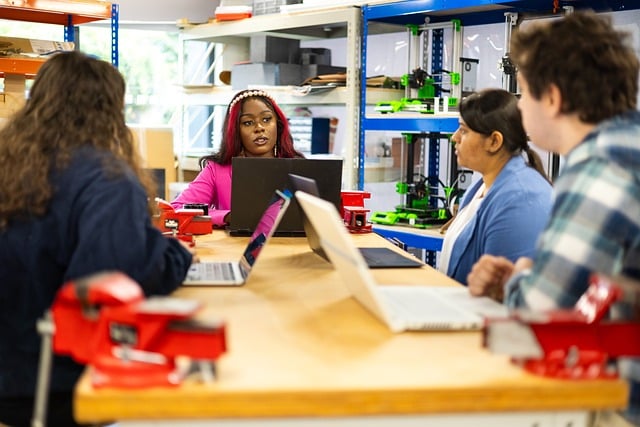n life, we often judge others—and ourselves—based on ideals, expectations, or even wishful thinking. We wonder why someone doesn’t meet our emotional needs, why a colleague can’t keep up with a project’s demands, or why we ourselves fail to live up to goals we set. But a powerful lens to view human behavior and interactions is through the understanding that capacity doesn’t lie.
Capacity—the ability to handle, respond to, or manage a particular demand—represents a person’s true readiness in any given moment. It reflects a combination of factors: emotional, physical, mental, and situational resources. When we approach relationships, challenges, and even self-reflection with this perspective, we cultivate greater empathy, clarity, and acceptance.
If a cup doesn’t have the capacity to fill a five liter bucket in a single pour, it doesn’t have the capacity. If a glass can’t hold in three litres of milk, it just can’t.
What Does It Mean That “Capacity Doesn’t Lie”?
The phrase suggests that what we, or others, can handle is a truthful reflection of reality at a given time. Capacity is not about willingness or intent but about what is realistically possible based on available energy, resources, and abilities.
For example:
- A friend who consistently cancels plans may want to show up for you, but their emotional or mental capacity may be stretched thin.
- You might aspire to take on a major project at work but find yourself unable to focus because of personal stress.
- A loved one might struggle to change a harmful behavior, not because they don’t care, but because they lack the inner tools or support to do so.
Capacity reflects the gap between intention and action. It’s not about effort or desire but about the limits imposed by internal and external realities.
Why Is Recognizing Capacity Important?
Understanding capacity offers a profound shift in how we interact with ourselves and others.
- Reduces Frustration and Misunderstanding
When we accept that someone’s actions are limited by their capacity, we stop taking their behavior personally. Instead of blaming a partner for emotional unavailability, we recognize their limitations and can decide how to respond compassionately. - Fosters Empathy
Acknowledging capacity allows us to approach others with kindness. We see their struggles not as failures but as honest reflections of their current state. This perspective encourages patience and support. - Helps Us Set Realistic Expectations
When we understand our own capacity, we can avoid overcommitting, burning out, or feeling inadequate. Similarly, recognizing others’ capacities helps us set boundaries and expectations that align with reality, not idealism.
Why Do We Struggle to Accept Capacity?
Despite its value, recognizing capacity can be difficult. Several factors contribute to this struggle:
- Cultural Pressures
Society often glorifies productivity and perseverance, promoting the idea that anyone can push past their limits with enough effort. This mindset can lead to guilt or shame when capacity falls short. - Unrealistic Expectations
We may expect others to meet our needs perfectly or assume they should “just try harder.” These expectations can breed resentment when unmet. - Lack of Self-Awareness
Recognizing capacity requires honesty with ourselves. It’s easier to blame external circumstances than admit we’re overextended or need to step back.
How to Approach Life Through the Lens of Capacity
- Assess Your Own Capacity Honestly
Take time to evaluate your current state. Ask yourself:
- How much emotional energy do I have today?
- Do I have the mental focus to take on this task?
- Am I physically and spiritually replenished or drained?
Honest self-assessment helps you align your actions with what is truly possible.
- Observe Without Judgment
When someone fails to meet expectations, pause and consider their capacity. Are they dealing with stress, exhaustion, or personal struggles? Viewing behavior through this lens reduces the impulse to judge or criticize. - Communicate Openly
Expressing capacity creates understanding and fosters mutual respect. For example:
- “I’d love to help, but I’m stretched thin right now.”
- “I know this is important to you, but I don’t have the emotional space to discuss it deeply today.”
This kind of transparency encourages others to do the same.
- Adjust Expectations
Adjusting expectations to align with capacity doesn’t mean settling for less but rather meeting reality where it is. If someone can’t give you what you need, it might be an opportunity to seek support elsewhere or reevaluate the dynamic. - Offer Grace and Boundaries
Compassion for others doesn’t mean tolerating harmful behavior. Offering grace acknowledges their capacity, while setting boundaries protects your own. For instance, you might empathize with a friend who’s struggling without overextending yourself to meet their needs.
Capacity and Growth
Capacity is not static; it fluctuates based on life circumstances, emotional health, and personal growth. Someone who lacks the capacity for deep emotional connection today may develop it with time and support. Similarly, you can expand your own capacity by nurturing yourself through rest, reflection, and learning.
However, growth requires both time and intention. Pushing past capacity prematurely often leads to frustration or harm. Honoring where you or others are at any given moment creates the foundation for sustainable progress.













